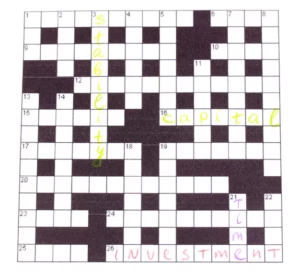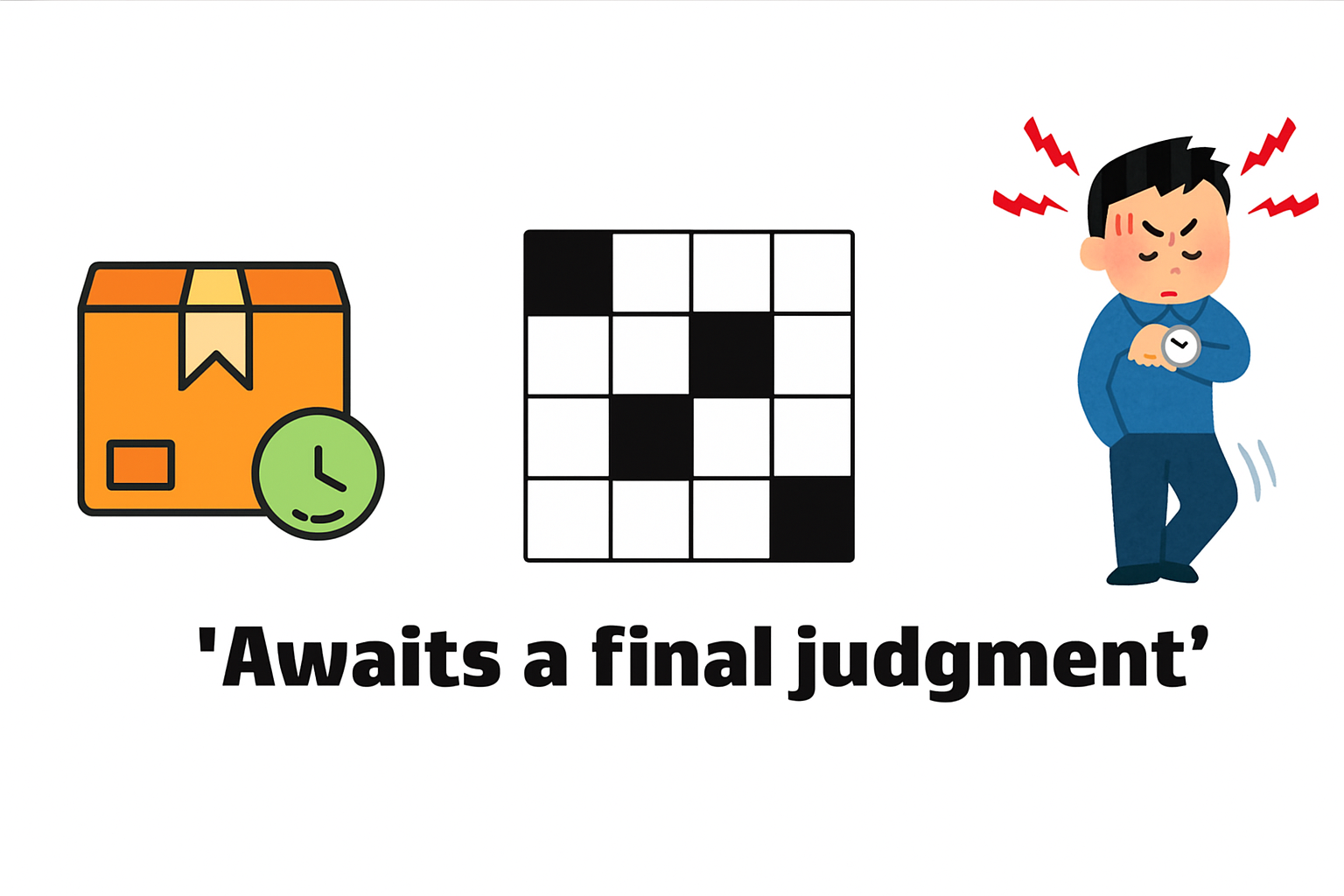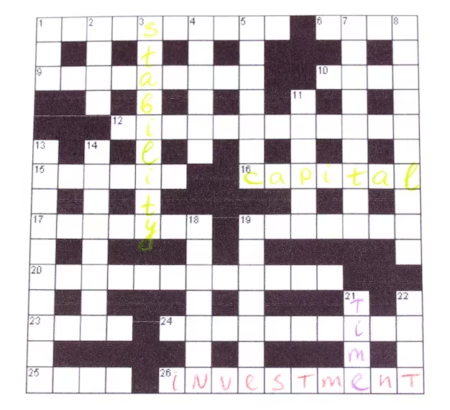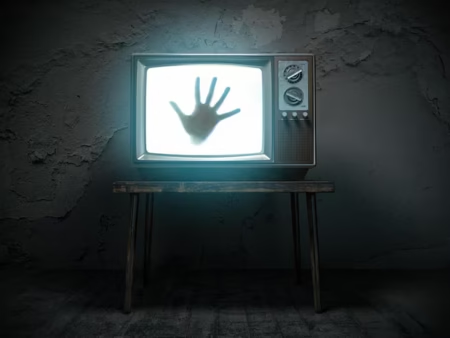We live in a world where laughter can travel at the speed of light, compressed into three letters and delivered through a glowing screen. “Cracking up to a texter” isn’t just a phrase—it’s a tiny snapshot of how humans connect, how we signal joy, and how language evolves in real time. In the New York Times crossword, it’s a clue that blends the modern with the timeless.
The Modern Language of Texting
Texting is shorthand for life itself—quick, informal, intimate. And yet, within those tiny bubbles, entire emotional worlds unfold.
Why Humor Travels So Well Digitally
Because the distance doesn’t matter—laughter is contagious even in silence. A perfectly timed message can make you laugh alone in a crowded train.
Understanding the Phrase “Cracking Up”
Everyday Meaning
“Cracking up” is losing control in a fit of laughter—when composure is a ship and you’ve just jumped overboard.
How It Works in Crossword Clues
In puzzles, it’s often a hint toward slang for “laughing hard,” compressed into letters a texter would use.
NYT Crossword and Digital Slang
How the Puzzle Reflects Modern Communication
The crossword is no longer just about Shakespeare and capitals—it’s also about emojis, memes, and abbreviations.
The Blend of Old Language and New
It’s where “LOL” might sit beside “ODE.”
Possible Answers for “Cracking Up to a Texter”
Common Texting Abbreviations
LOL (Laugh Out Loud), ROFL (Rolling On the Floor Laughing), LMAO (Laughing My A** Off).
Humor Codes in the Digital Age
These are today’s hieroglyphics—tiny symbols holding vast emotional power.
The Art of the Humorous Message
Why We Laugh at Texts
Because the surprise lands between the words—an unexpected punchline, a perfectly timed emoji.
Timing, Tone, and Surprise
Comedy in texting thrives on the pause before the bubble pops.
From LOL to ROFL – A Short History
The Evolution of Laughing Online
In the early days of chatrooms, LOL was king. Over time, the internet birthed cousins like ROFL, HAHA, and even ironic “lol.”
Cultural Variations in Digital Laughter
In Korea, it’s “ㅋㅋㅋ.” In Spain, “jajaja.” Laughter has a thousand accents.
The NYT Crossword’s Take on Internet Speak
Why Modern Slang Appears More Often
Editors know the puzzle must live in the present.
Examples from Recent Puzzles
Recent grids have featured “DM,” “MEME,” and even “ICYMI.”
When Humor Crosses Generations
Millennials, Gen Z, and the Shifting Laugh
For some, LOL is genuine; for others, it’s sarcastic.
Why Some Jokes Don’t Translate
What makes one generation giggle may leave another puzzled.
The Psychology of Digital Laughter
Why Reading Humor Can Feel as Good as Hearing It
The brain responds to humor in text the same way it does in conversation—dopamine blooms.
The Brain’s Reaction to Playful Words
A simple “LOL” can be a micro-dose of happiness.
The Social Role of “Cracking Up” in Chats
Strengthening Bonds
Shared laughter builds bridges faster than any text explanation.
Breaking Tension
One well-timed joke can defuse an argument before it begins.
Crossword Solving as a Social Experience
Sharing Puzzles with Friends
Much like texting, solving together is a way to connect.
The Joy of Mutual “Aha!” Moments
The thrill doubles when someone else sees the answer too.
How to Guess Slang in Crossword Puzzles
Context Clues
Look at the style of the clue—modern language often means a modern answer.
Using Cross Letters to Confirm
The surrounding answers are your allies.
Humor in a Minimalist Package
The Power of a Few Letters
Three letters can carry an entire fit of laughter.
How Abbreviations Capture Big Emotions
They’re small, but they burst with meaning.
Lessons from a Three-Letter Laugh
Economy of Expression
Sometimes less truly is more.
Joy in the Smallest Things
A text, a crossword clue, a shared smile—it’s enough.
Conclusion – Beyond the Crossword Grid
“Cracking up to a texter” is a reminder that even in a world of complex stories and heavy headlines, joy still slips through—in tiny digital bursts, in crossword squares, in the spaces between words. The language may evolve, but laughter remains eternal.
FAQs
-
What’s the most common NYT crossword answer for “cracking up to a texter”?
Usually “LOL,” though longer clues might lead to “ROFL” or “LMAO.” -
Why does the NYT include texting slang?
To reflect modern language and keep puzzles relevant. -
Do all crossword solvers know slang terms?
Not always—sometimes they need the crossing clues to figure it out. -
Can texting abbreviations have multiple meanings?
Yes, context matters greatly. -
Is laughter really universal?
The feeling is, but the way we write it changes across cultures.








